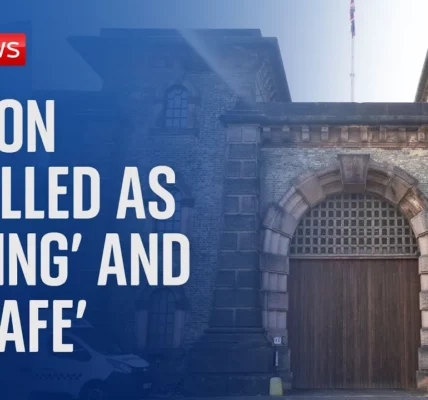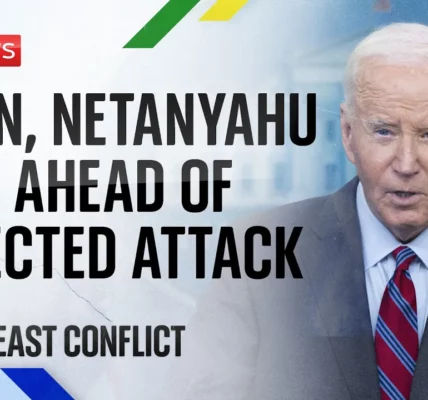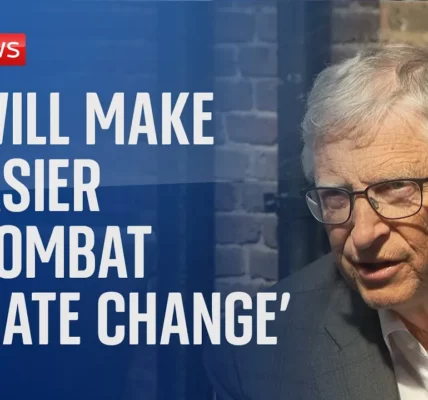Israel’s Ongoing Conflict: A Comprehensive Overview

This article delves into the recent events affecting Israel amidst the escalating conflict, focusing on the civilian impact, military actions, and the broader geopolitical implications. With over 635,000 Israelis evacuated and significant disruptions in daily life, it is crucial to understand the depth of this crisis.
Introduction
The current conflict impacting Israel has escalated dramatically, leading to the evacuation of over 635,000 individuals from their homes, businesses, and schools. The relentless bombardment of cities, towns, kibbutzim, farms, and villages has created a humanitarian crisis. This article will explore the various facets of this conflict, examining the destruction wrought upon communities, the military responses from Israel, and the implications for regional stability.
The Humanitarian Impact of the Conflict
The ongoing conflict has led to widespread devastation across Israel, affecting countless civilians and their livelihoods.
Evacuations and Disruptions
As a result of the constant threat of missile attacks, over 635,000 Israelis have been evacuated. This includes:
- Families forced to leave their homes and seek safety elsewhere.
- Businesses disrupted, leading to economic strain.
- Schools closed, impacting the education of children.
Destruction of Property and Livestock
Many kibbutzim and farms have suffered catastrophic losses, including:
- Complete destruction of some kibbutzim.
- Devastation of farms, with reports of livestock, including 15 dairy cows, being killed.
- Residential buildings damaged or destroyed, leaving families homeless.
Military Responses and Strategies
In response to the ongoing attacks, the Israel Defense Forces (IDF) have taken several measures aimed at safeguarding civilians and neutralizing threats.
Evacuation Pleas to Civilians in Lebanon
The IDF has implemented strategies to protect residents in Lebanon from potential harm resulting from Hezbollah’s activities, including:
- Sending urgent messages to mobile phones in key areas, advising residents to evacuate.
- Broadcasting messages on Lebanese radio urging locals to move away from areas where rocket launchers are hidden.
- Establishing a dedicated website for Southern Lebanon residents to provide updates and safety information.
Military Engagements and Attacks
Recent military operations have included:
- Firing of over 120 Grad missiles from Lebanon into Israeli territory, targeting areas such as the Golan Heights and Upper Galilee.
- Hezbollah’s attacks utilizing heavy Buran rockets, resulting in significant damage and power outages in residential areas.
- Engagement with Iranian UAVs, which are being utilized by terrorist groups against Israel.
International and Regional Implications
The conflict has significant implications for regional stability, especially in relation to Iran’s influence in the area.
Iran’s Role in the Conflict
Iran’s involvement has exacerbated the situation, as they support Hezbollah and provide military resources. This has led to:
- The destabilization of Lebanon, turning it into a failed state.
- An increase in regional tensions, impacting neighboring countries.
- Concerns over the broader implications for international relations and security.
The Response of the Israeli Government
Israeli officials have made it clear that:
- Their patience is not limitless, and they are prepared to take necessary military actions.
- They prioritize restoring security and protecting their citizens.
- Efforts will continue for a diplomatic resolution, although past attempts have not yielded success.
Conclusion
The ongoing conflict in Israel presents severe challenges that affect civilians and the stability of the region. With the IDF taking steps to mitigate risks to civilians and engage militarily against persistent threats, the situation remains volatile. As Israel continues to navigate these complexities, it is essential for the international community to understand the implications of this conflict. For more insights on related topics, visit our articles on military strategies and regional implications.
“`




